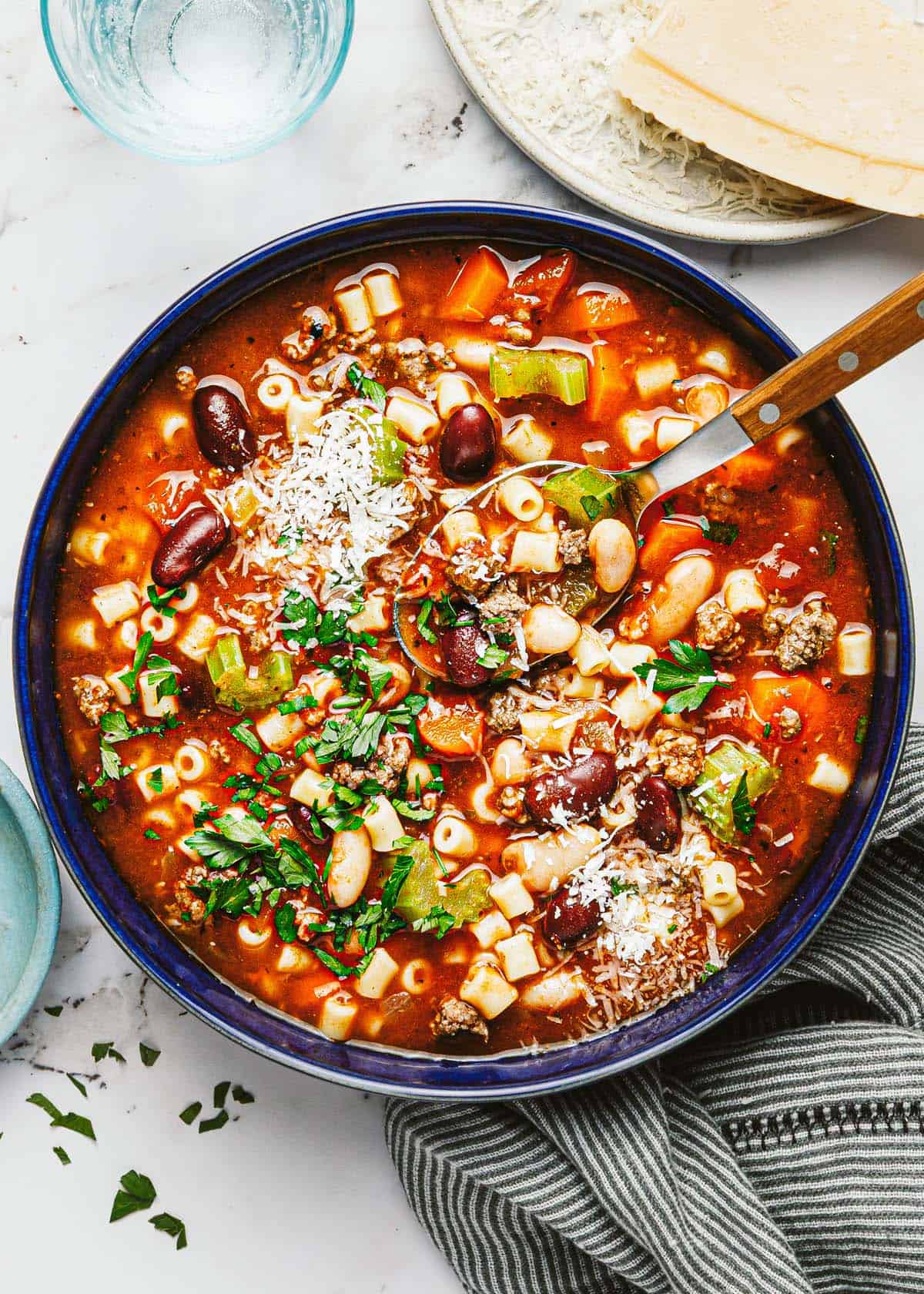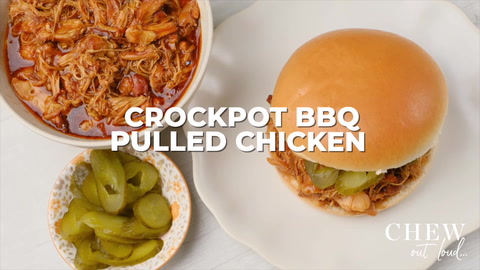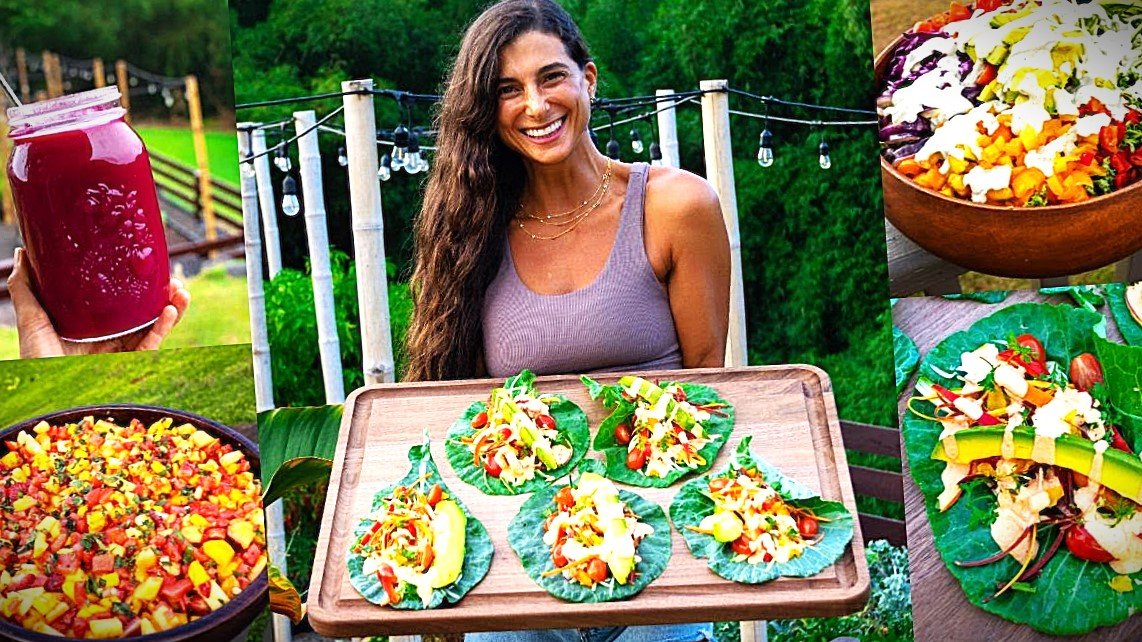Flavors of Culture: Celebrating the Legacy and Excellence of Black-Owned Restaurants
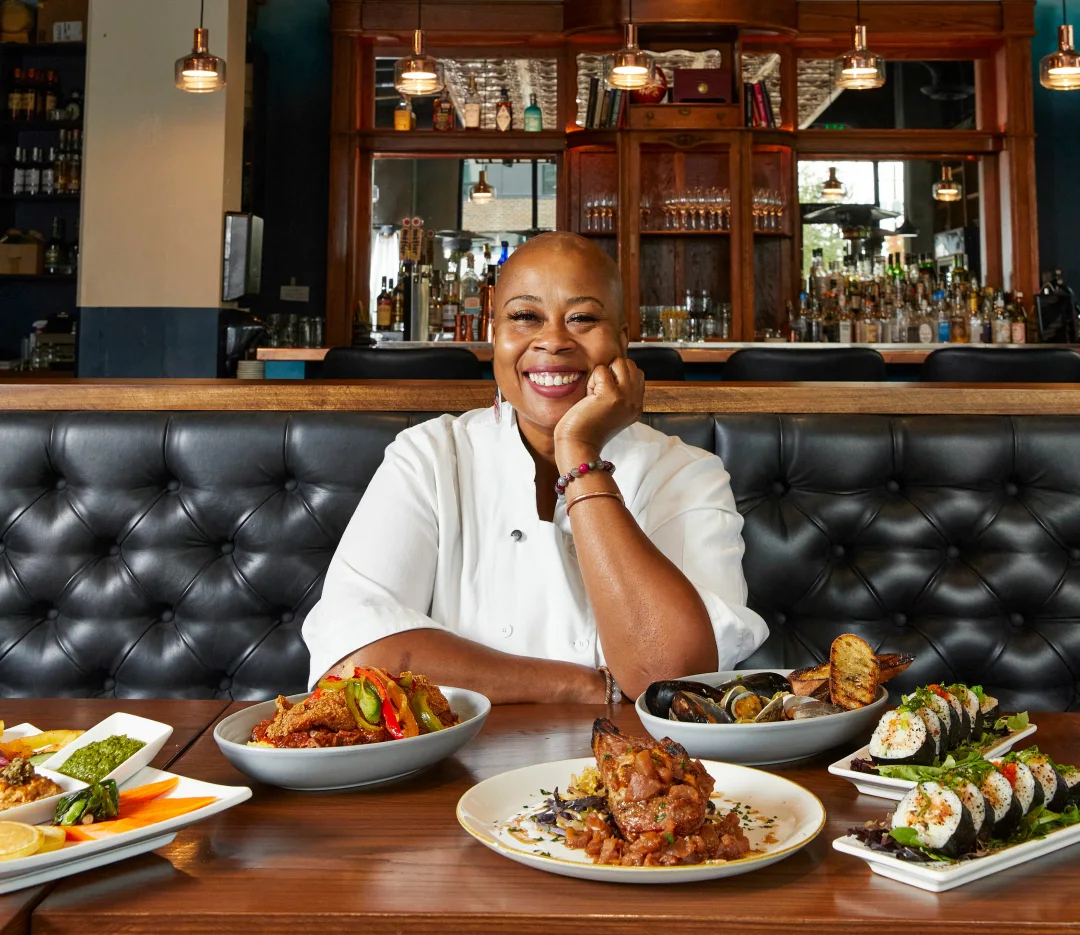
Introduction
Food has always been a powerful medium for storytelling. In every dish, there are traces of history, identity, and resilience. Nowhere is this more evident than in the vibrant world of Black-owned restaurants—where culinary innovation, community empowerment, and cultural heritage come together on every plate. These restaurants are more than just eateries; they are cornerstones of local neighborhoods, torchbearers of tradition, and platforms for social change.
Over the years, Black-owned restaurants have blossomed across the United States and beyond, offering a range of cuisines that reflect the African diaspora—from Southern soul food and Afro-Caribbean delicacies to Ethiopian fare and upscale African fusion dining. As conversations about racial equity, representation, and economic empowerment have grown louder, so too has the recognition of these incredible food establishments. Supporting Black-owned restaurants isn’t just about enjoying delicious food—it’s about honoring a legacy of perseverance, passion, and pride.
In this article, we’ll take an in-depth look at the history, influence, and current rise of Black-owned restaurants, explore standout spots across the country, and discuss why supporting these businesses is both a culinary adventure and a social responsibility.
The Historical Importance of Black-Owned Restaurants
Rooted in Resistance and Resilience
The history of Black entrepreneurship in the food industry is deeply entwined with the broader Black experience in America—marked by struggle, strength, and survival. For generations, food served as both livelihood and expression for African Americans. From the first Black-owned taverns in the 1800s to the legendary soul food kitchens of the 1960s Civil Rights era, these restaurants provided safe spaces, employment, and nourishment during times of social and economic exclusion.
In segregated America, Black-owned restaurants were among the few places where Black communities could gather safely. They served as meeting points, cultural hubs, and engines of economic independence—offering opportunities where few others existed.
Cultural Preservation Through Cuisine
Black chefs and restaurateurs have played a pivotal role in preserving culinary traditions brought over from West Africa, reimagined in the American South, and fused with influences from the Caribbean, Latin America, and beyond. Signature dishes like fried chicken, collard greens, gumbo, jerk chicken, plantain stews, and injera are not just delicious—they are edible testaments to a people’s journey and ingenuity.
The Rise of Black-Owned Restaurants in Modern Food Culture
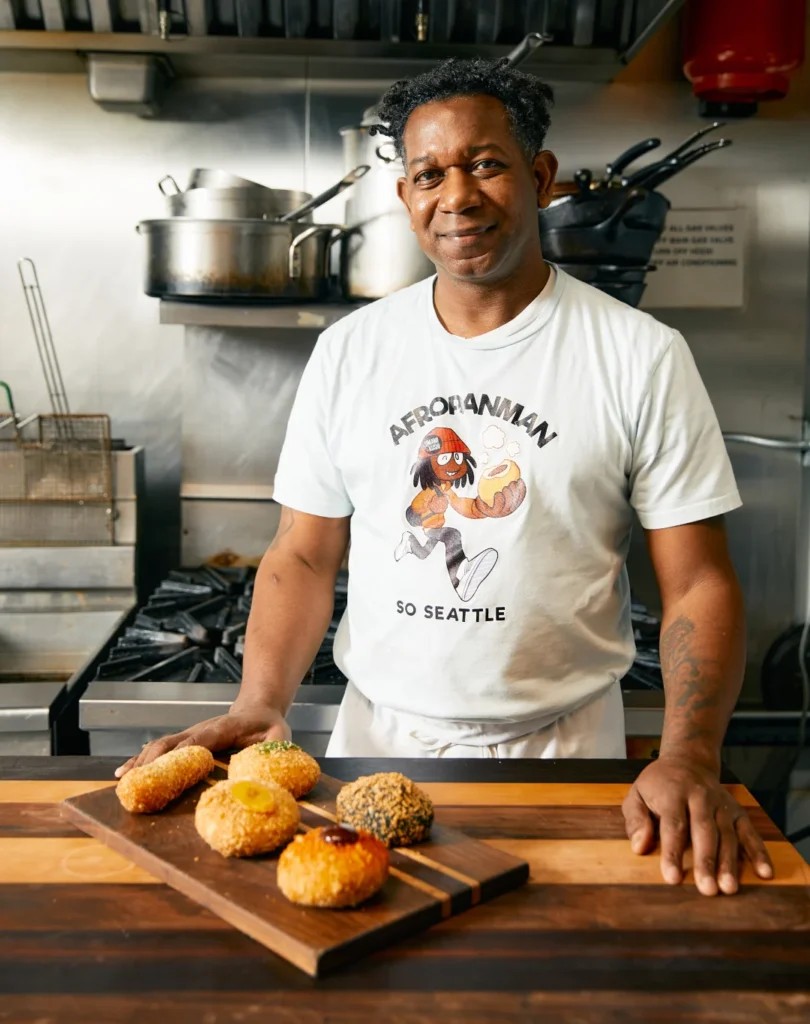
In recent years, there’s been a growing recognition of the value that Black-owned restaurants bring to the broader food landscape. Platforms like EatOkra, Black and Mobile, and Yelp’s Black-owned business tags have made it easier to discover and support these establishments.
Social Movements Fueling Support
Movements like Black Lives Matter brought racial inequality to the forefront and sparked a wave of support for Black-owned businesses, including restaurants. Diners began seeking ways to invest in change—one meal at a time.
Digital Platforms Amplifying Visibility
Apps and social media have leveled the playing field, allowing Black chefs and restaurant owners to showcase their menus, tell their stories, and reach wider audiences without traditional gatekeepers. Instagram, TikTok, and YouTube have been particularly powerful for Black culinary creators.
Types of Cuisine Offered by Black-Owned Restaurants
The richness of Black-owned restaurants lies in their diversity. While “soul food” is a beloved staple, Black chefs around the world are pushing culinary boundaries in every genre imaginable.
1. Soul Food and Southern Comfort
This category includes dishes like fried catfish, mac and cheese, oxtail, cornbread, collard greens, and sweet potato pie. It’s hearty, nostalgic, and packed with flavor.
Notable Example: Sylvia’s Restaurant in Harlem, NYC — a soul food institution since 1962.
2. Caribbean Cuisine
From Jamaican jerk chicken to Haitian griot and Trinidadian roti, Caribbean Black-owned restaurants bring tropical heat, bold spices, and cultural fusion to the table.
Notable Example: Peppa’s Jerk Chicken in Brooklyn, NY — known for authentic Jamaican fare.
3. African Cuisine
Diverse and regionally specific, African cuisines offer everything from Ethiopian doro wat and Nigerian jollof rice to Senegalese yassa and South African bobotie.
Notable Example: Bunna Cafe in Brooklyn, NY — a popular vegan Ethiopian restaurant with a vibrant atmosphere.
4. Afro-Fusion and Fine Dining
A new wave of chefs is redefining what African-American cuisine can be, combining traditional ingredients with modern techniques.
Notable Example: Chef JJ’s in New York — a fine dining experience that celebrates Afro-global flavors with a modern twist.
5. Vegan and Plant-Based Innovations
Black chefs are also leading in the health-conscious space, creating plant-based versions of traditional dishes and championing food justice in underserved communities.
Notable Example: Slutty Vegan in Atlanta, GA — a wildly popular vegan burger joint founded by entrepreneur Pinky Cole.
Spotlight on Iconic Black-Owned Restaurants Across the U.S.
1. Dooky Chase’s Restaurant – New Orleans, LA
Founded by Leah Chase, the “Queen of Creole Cuisine,” this restaurant has served presidents, activists, and food lovers for over 70 years. It’s a must-visit for gumbo, fried chicken, and a deep sense of history.
2. The Grey – Savannah, GA
Chef Mashama Bailey, a James Beard Award winner, has transformed a former Greyhound bus station into one of the South’s most lauded fine dining establishments. The Grey offers a menu that honors the South’s past while forging a new path forward.
3. Pappadeaux’s (Black Franchise Owners) – Various Locations
While not originally Black-owned, many Pappadeaux’s locations are franchised by Black entrepreneurs, offering a seafood-heavy Creole-Cajun menu in a high-energy setting.
4. Post & Beam – Los Angeles, CA
A contemporary Californian restaurant rooted in soul food traditions. With dishes like black-eyed pea fritters and smoked brisket hash, Post & Beam celebrates seasonal ingredients with soul.
5. Dat Dog – New Orleans, LA
Owned by Black restaurateur Bill DiPaola, Dat Dog is famous for its creative takes on hot dogs with global toppings—think alligator sausage with creole mustard and slaw.
Why Supporting Black-Owned Restaurants Matters
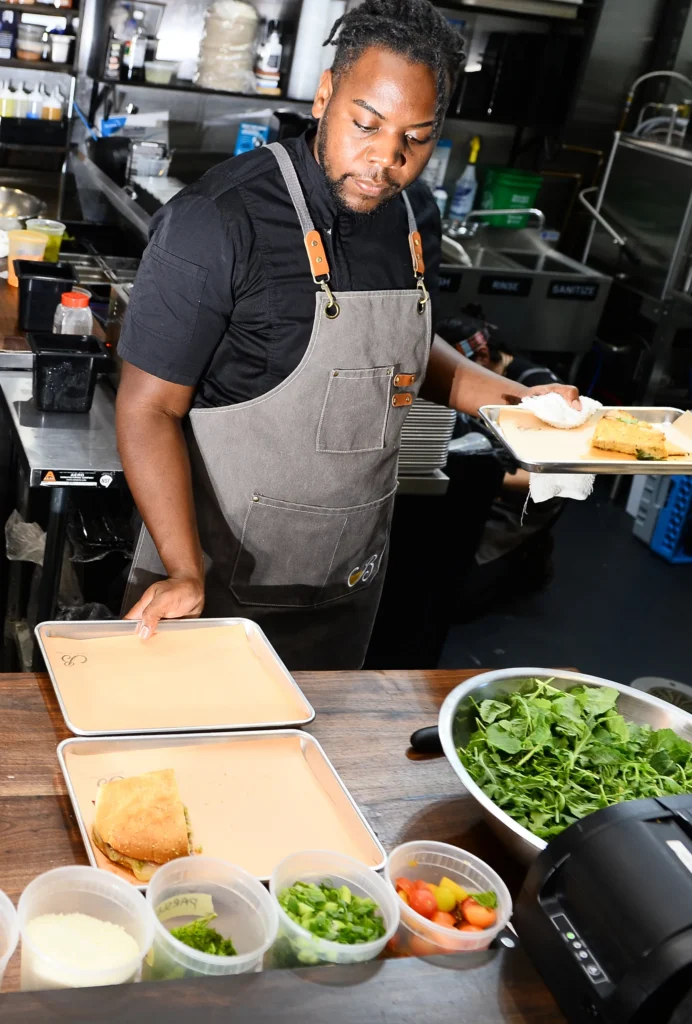
1. Economic Empowerment
Black-owned restaurants create jobs, circulate dollars within communities, and contribute to closing the racial wealth gap. Supporting these businesses fuels growth and generational wealth.
2. Preserving Culture
These restaurants preserve and innovate upon traditional recipes, keeping cultural foodways alive for future generations.
3. Representation and Inclusion
Diverse culinary voices ensure that food culture reflects the richness of our society. Supporting Black chefs and entrepreneurs helps diversify who gets seen and heard in the culinary world.
4. Community Building
Many Black-owned eateries are deeply invested in their neighborhoods—offering youth programs, food donations, and activism. They feed both stomachs and spirits.
Tips for Finding and Supporting Black-Owned Restaurants
- Use apps like EatOkra and Black and Mobile to discover local Black-owned spots.
- Follow hashtags like #BlackOwnedRestaurants, #BlackFoodie, and #SupportBlackBusiness on social media.
- Leave positive reviews and spread the word.
- Attend Black Restaurant Weeks that highlight these businesses in cities nationwide.
- Tip generously, especially in independently run restaurants.
- Be respectful of cultural traditions—understand that dishes may differ from what you’re used to and embrace the learning.
The Future of Black-Owned Restaurants
The momentum behind Black-owned restaurants continues to grow. With greater visibility, innovative culinary leadership, and community support, these establishments are carving out a bold and bright future.
Trends to Watch:
- More fine-dining and Afro-fusion concepts
- Greater investment in food tech and delivery platforms
- Expansion into food trucks and pop-up models
- Increased culinary recognition (James Beard Awards, Food Network features, etc.)
As food media and consumers become more intentional about equity and authenticity, Black-owned restaurants are poised to flourish not just as alternatives—but as leaders in the global food scene.
Conclusion
Dining at a Black-owned restaurant is more than a delicious experience—it’s a chance to connect with stories, celebrate culture, and support equity. From legacy soul food joints to cutting-edge Afro-fusion kitchens, Black restaurateurs are reshaping the culinary world with resilience, creativity, and community spirit.
Whether you’re enjoying a plate of spicy jerk chicken, digging into some gumbo, or savoring a plant-based BBQ sandwich, take a moment to appreciate the journey behind the flavors. Because every meal you enjoy at a Black-owned restaurant is a bite of history, a taste of culture, and a step toward a more inclusive future.



